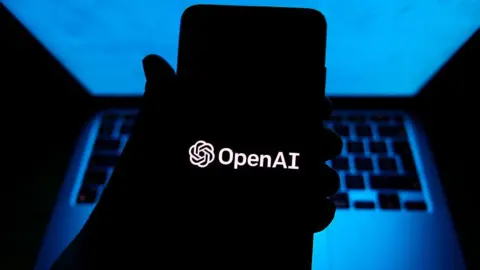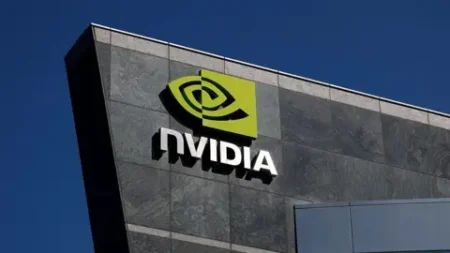In a significant move to integrate artificial intelligence (AI) into public services, OpenAI, the organization known for developing ChatGPT, has formally signed an agreement with the UK government. This partnership aims to enhance productivity within various sectors of public service, including education, defense, security, and justice systems, as announced by the government. The UK Secretary of State for Science, Peter Kyle, emphasized the transformative potential of AI, declaring it vital for economic growth and change in Britain’s public infrastructure.
The agreement, while not legally binding, outlines the goals of collaboration between OpenAI and UK officials. It opens avenues for an “information-sharing program” that will enable OpenAI to access government data selectively. In addition, the partnership could involve developing safeguards to protect the public and maintain democratic values. The government has also expressed intentions to explore investment opportunities in AI infrastructure, particularly concerning expanding data centers vital for AI operations.
As part of this initiative, OpenAI plans to establish a more substantial presence in London, where it currently employs over 100 individuals. OpenAI’s CEO, Sam Altman, stated that the collaboration is expected to deliver broad economic prosperity across the UK, enhancing the efficiency of public services by allowing skilled public servants to focus on complex and unique challenges that AI tools may not adequately address. Dr. Gordon Fletcher, an associate dean at the University of Salford, echoed these sentiments but raised concerns about ensuring the transparency and ethical use of data, a pressing issue in an era of increased data privacy awareness.
However, this collaboration has not been without its critics. Digital privacy advocates have labeled the agreement as indicative of a troubling trend within the government’s approach to the tech industry, expressing apprehension about the extensive collection of public data. The group Foxglove, which champions digital rights, expressed concern that the government may prioritize tech advancements at the potential cost of public sovereignty. The co-executive director of Foxglove, Martha Dark, pointed out that the government’s wealth of public data could be – and likely would be – exploited by OpenAI for commercial gain, particularly in training future models of ChatGPT.
The partnership comes as the UK grapples with economic stagnation, with forecasts indicating minimal growth. In an attempt to stimulate the economy, Prime Minister Keir Starmer had previously unveiled an “AI Opportunities Action Plan”, garnering support from various tech giants. OpenAI’s deal positions the UK as a potentially attractive market for US technology investments, as similar partnerships have been struck with other companies like Google and Anthropic in recent months.
In conjunction with the OpenAI agreement, the UK government has been utilizing OpenAI’s models in an AI-driven tool named “Humphrey”, which is intended to boost productivity within the civil service. However, concerns remain about the ethical implications of using generative AI technologies, especially following negative feedback from creators who fear potential copyright infringements due to the AI’s methods of training on vast databases of existing media.
Generative AI technologies, such as those pioneered by OpenAI, can create diverse outputs ranging from text to multimedia based on user prompts. The software’s reliance on pre-existing data—from music and literature to film and artwork—not only raises questions regarding intellectual property rights but also highlights the challenges of managing misinformation and providing reliable outputs.
Thus, as the UK government leans heavily into AI integration, it faces the dual task of maximizing the benefits of these technologies while ensuring that the rights and privacy of the public are respected and upheld in a rapidly evolving technological landscape.











